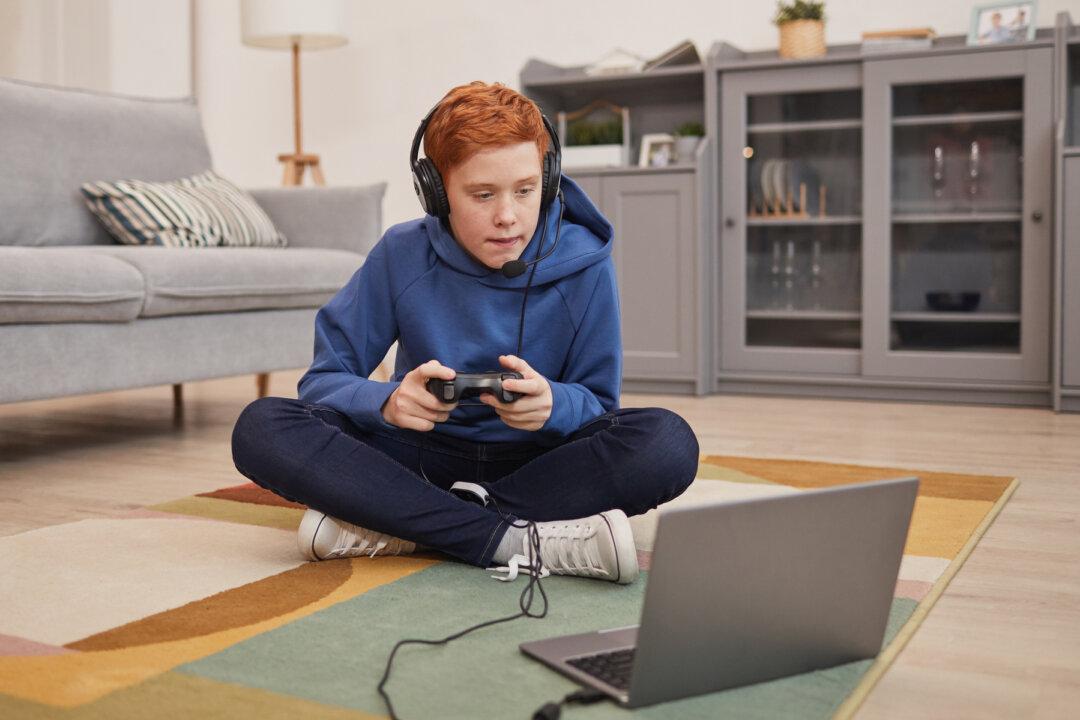Jacob was 22 when his parents brought him to see me in the office. He still lived at home and worked only a few hours per week, helping with his father’s remodeling business. His parents were concerned by Jacob’s complete lack of ambition.
He had no job except for the occasional work provided by his father, no education beyond high school, no interest in further education—vocational or otherwise—and no plans for the future. He was playing video games at least 40 hours per week, the equivalent of a full-time job.





